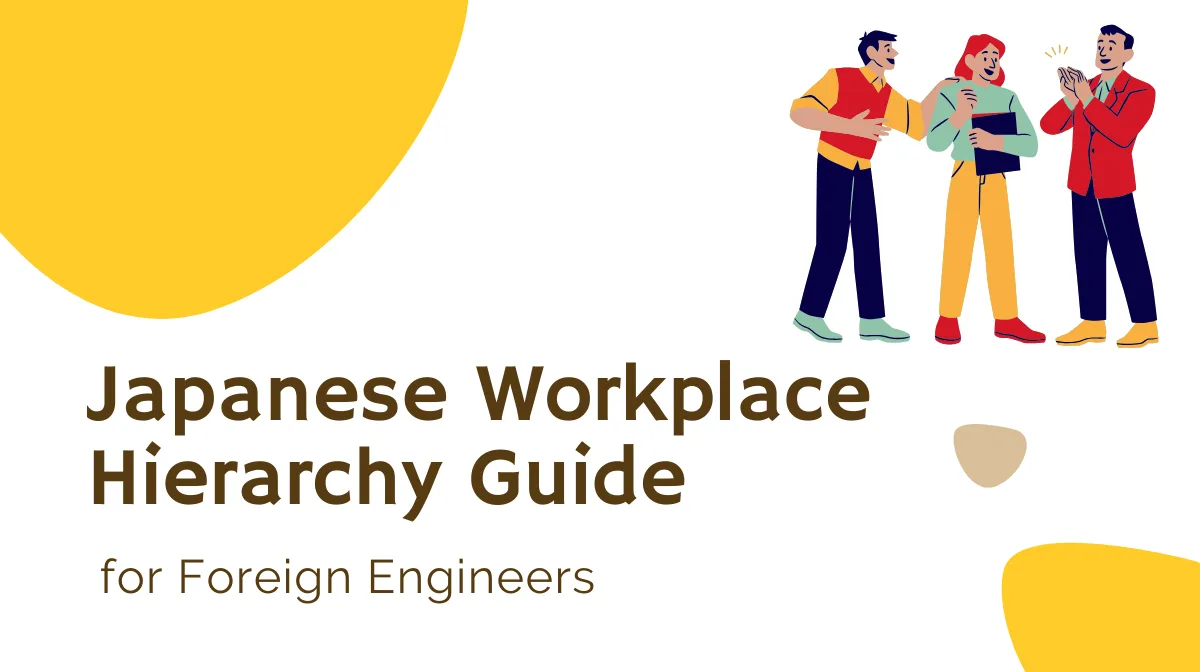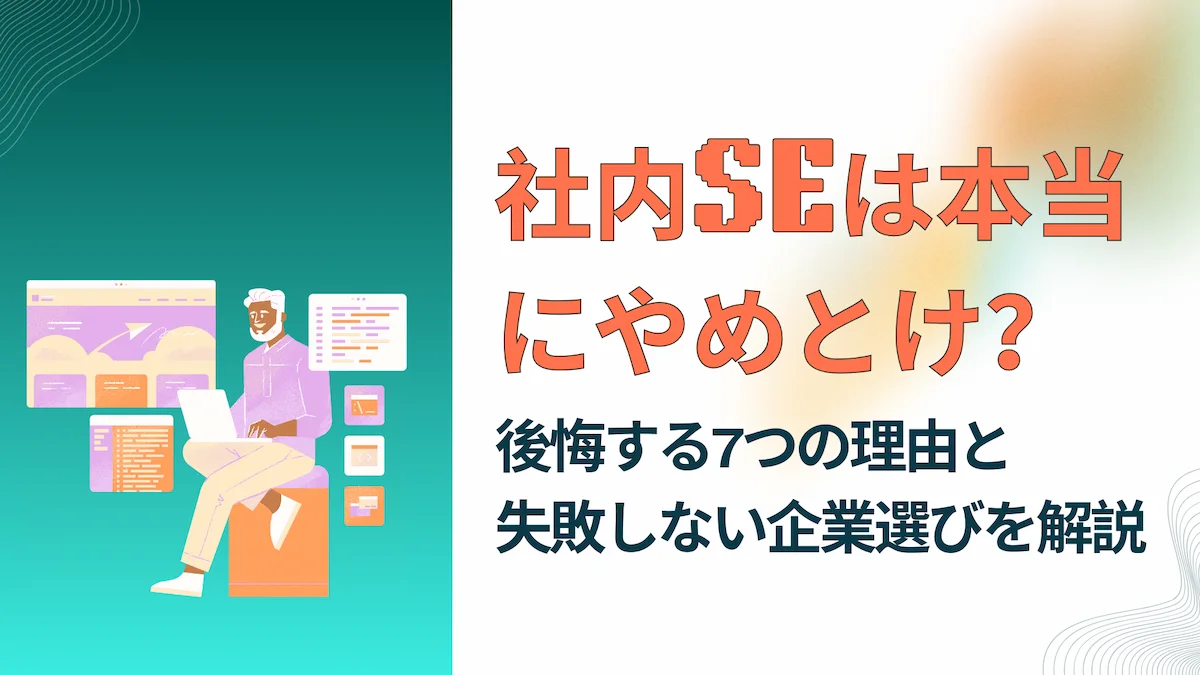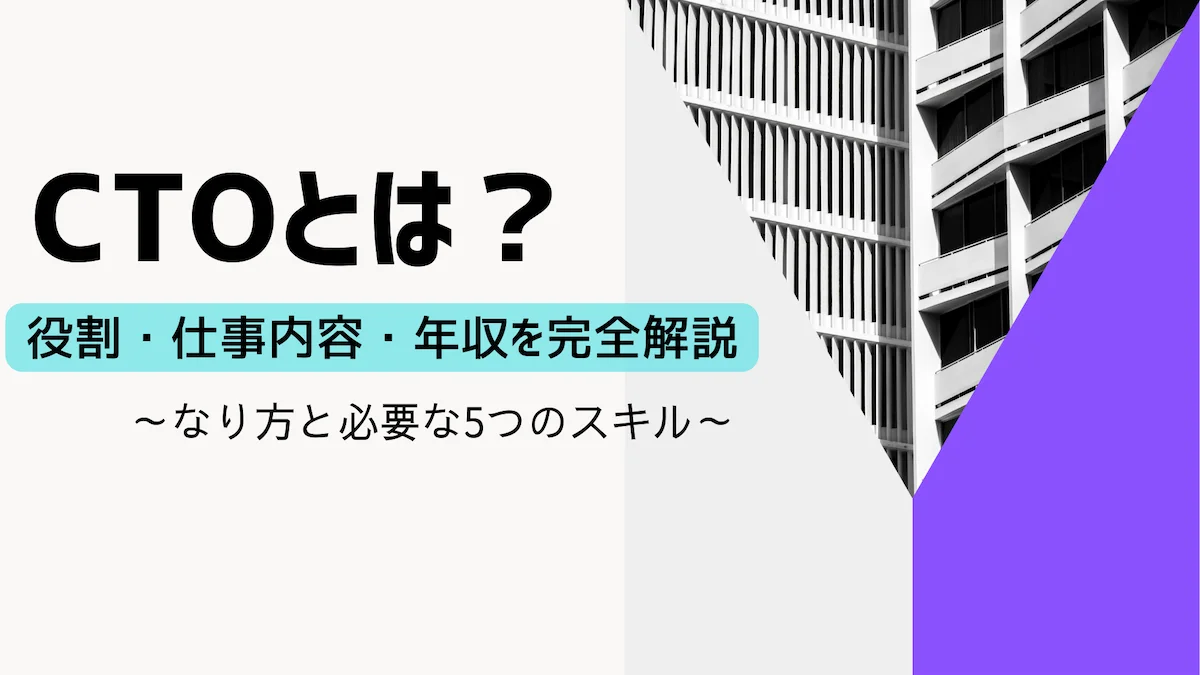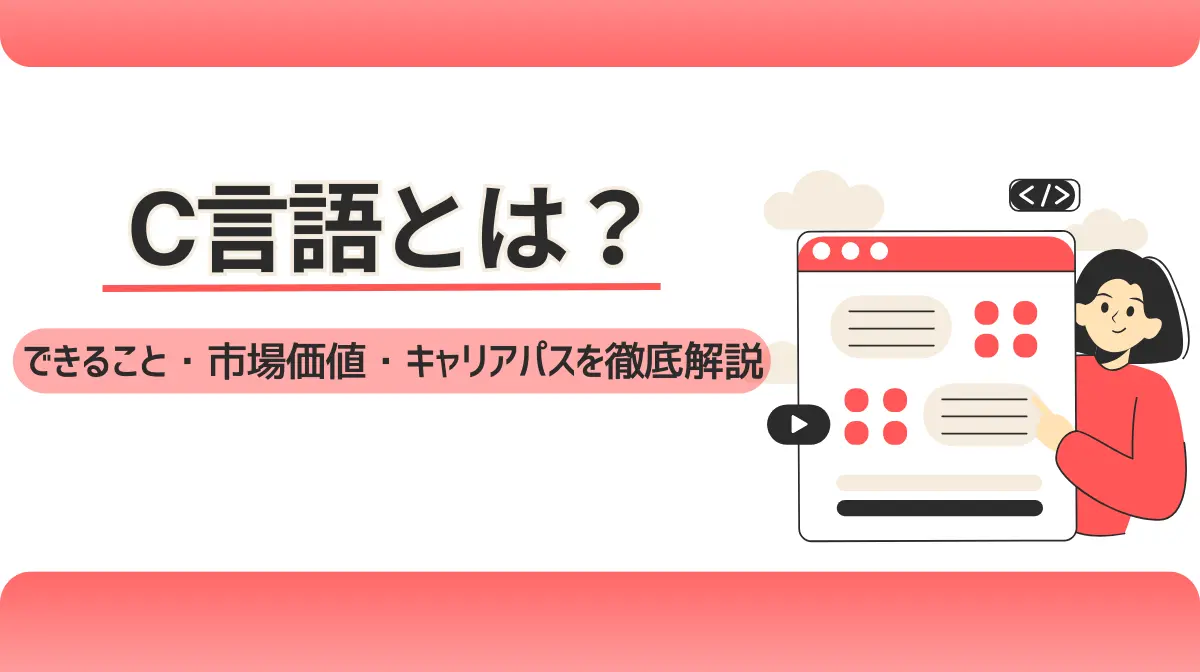What initially confuses foreign engineers working in Japanese companies is the complex hierarchical system.
This unique system, where various factors such as age, years of service, and job position intertwine, can become a powerful tool for career development once understood.
This article provides comprehensive coverage of the knowledge foreign engineers need to succeed in Japan, from the realities of the IT industry to specific strategies for dealing with workplace hierarchy.
1. What is Japanese Hierarchy? Understanding the Basic System

What initially confuses foreign engineers working in Japanese companies is the complex hierarchical system.
Understanding this unique system—which involves not just simple differences in job titles, but also age, years of service, and even educational background—will make workplace communication significantly smoother.
Definition of Hierarchy and Differences from Other Countries
Japanese hierarchy is a multi-layered and unique human relationship system that goes beyond simple “boss and subordinate” job hierarchies.
Unlike Western countries where hierarchical relationships are mainly determined by job titles and contractual relationships, Japan has a complex ranking system formed by the interplay of various factors including age, years of service, years of experience, and even educational background and club activities from school.
For example, it’s not uncommon to see a 30-year-old manager using respectful language when speaking to a 40-year-old subordinate. This occurs because two axes exist simultaneously: authority based on job position and respect based on age.
Characteristics of Japan’s Unique Hierarchical Relationships
- Hierarchy based on age (seniority system)
- Hierarchy based on years of experience and length of service
- Hierarchy based on job position
- Relationships based on educational background and club activities
- Multi-layered structure where the above factors work in combination
Historical Background of Hierarchical Relationships
The roots of Japanese hierarchical relationships lie in Confucian teachings that came from China. The concept of “respect for elders” has had a particularly significant influence.
“Respect for elders” doesn’t simply mean “respect your elders” but rather emphasizes mutual relationships where older people have the responsibility to care for younger people, and younger people have the obligation to respect their elders.
Japan’s geographical condition as an island nation was also an important factor. In Japan, where people needed to coexist in limited space for long periods, a culture developed that avoided friction through clear hierarchies to maintain group harmony.
Through various historical changes, modern hierarchical relationships have been formed.
Characteristics of Hierarchy in Modern Japan
In modern Japanese companies, changes can be seen in the traditionally strict hierarchical relationships.
Particularly in the IT industry and startup companies, more companies are adopting flat organizational structures. However, many Japanese companies still exhibit the following characteristics.
Characteristics of Modern Japanese Hierarchical Relationships
- Many implicit rules (unwritten customs)
- A culture of “reading the air” (inferring others’ positions and feelings)
- Emphasis on group harmony (prioritizing harmony over individual assertions)
- Trust-building based on long-term human relationships
What’s most difficult for foreign engineers to understand is that these relationships exist as “tacit understanding”
Without a clear rulebook, it’s necessary to learn appropriate behavior by observing the surroundings.
2. Specific Examples of Hierarchical Relationships in Japanese Workplaces

While hierarchical relationships in Japan are difficult to understand through theory alone, they can be practically learned by knowing specific situations.
We’ll introduce practical examples that foreign engineers should know, from everyday language use to behavior in meetings.
Language Use and Appropriate Honorific Language
The most prominent manifestation of hierarchical relationships in Japanese workplaces is the use and differentiation of language and honorific expressions. This is probably where foreign engineers first feel confused.
Basic Patterns for Using Honorific Language
- To supervisors and seniors
“desu/masu” style + respectful and humble language - To peers and colleagues
“desu/masu” style or friendly tone - To junior colleagues
“desu/masu” style or instructional tone - To customers and business partners
Highest level of honorific language
What’s interesting is that even engineers with high technical expertise often use honorific language when speaking to older employees.
Polite expressions like “I have something I’d like to ask you about” and “I’m sorry to trouble you, but could you please check this?” are used daily.
Even More Polite in Emails
Email communication requires even more polite expressions.
Standard phrases that begin with “Thank you for your hard work” and end with “Thank you for your cooperation” are important elements for maintaining hierarchical relationships.
Hierarchy Rules in Meetings
Clear hierarchical relationships are reflected in seating arrangements and speaking order in conference rooms.
Hierarchy Rules in Meetings
- Seating arrangement: People with higher positions sit in the seat farthest from the entrance (upper seat)
- Speaking order: Basically, people with higher positions speak first
- Document distribution: Distribute in order from people with higher positions
- Meeting start/end: Begin and end with signals from senior members
Points Foreign Engineers Should Note
Even if you have a technically correct opinion, if you make a mistake in timing or method of speaking, you might be evaluated as “lacking in manners” rather than on the content.
By using introductions like “Excuse me, but I’d like to confirm one point from a technical perspective” you can demonstrate your expertise while respecting hierarchical relationships.
■日本でエンジニアとしてキャリアアップしたい方へ
海外エンジニア転職支援サービス『 Bloomtech Career 』にご相談ください。「英語OK」「ビザサポートあり」「高年収企業」など、外国人エンジニア向けの求人を多数掲載。専任のキャリアアドバイザーが、あなたのスキル・希望に合った最適な日本企業をご紹介します。
▼簡単・無料!30秒で登録完了!まずはお気軽にご連絡ください!
Bloomtech Careerに無料相談してみる
3. The Reality of Hierarchical Relationships in the IT Industry

The IT industry is relatively new compared to other industries and is becoming increasingly globalized, so it has different characteristics in hierarchical relationships compared to traditional Japanese companies.
What changes are occurring in this industry where many foreign engineers work?
Differences Between Traditional Japanese Companies vs IT Companies
In the IT industry, hierarchical relationships tend to be more relaxed compared to traditional Japanese companies. However, they’re not completely flat, and there are significant differences depending on company size and history.
Comparison Between Traditional Companies and IT Companies
- Traditional companies: Strong seniority system, thorough use of formal honorific language
- Large IT companies: Seniority system remains but technical skills are also valued
- Startups: Relatively flat, tendency toward meritocracy
- Foreign IT companies: Performance-focused, minimal hierarchical relationships
Particularly Notable Points
What’s particularly noteworthy is that hierarchical relationships temporarily fade during technical discussions. In code reviews or architecture design discussions, junior engineers are allowed to express frank opinions about senior engineers’ technical decisions.
However, even in such cases, it’s common to use introductions like “from a technical perspective” or “to improve code quality”
Hierarchical Relationships in Project Development Settings
In development projects, relationships different from normal organizational hierarchies can emerge.
Relationships in Project Settings
- Project Manager: Has both technical authority and management authority
- Tech Lead: Has technical decision-making authority (regardless of age)
- Senior Engineer: Technical guidance and mentoring role
- Junior Engineer: Learning and practical experience accumulation stage
What’s difficult for foreign engineers to understand is that the same person can have different positions depending on the situation.
For example, an engineer who is usually respected as a senior might seek teaching from a junior colleague in a specific technical area. This flexibility is one of the characteristics of Japan’s IT industry.
Challenges Faced by Foreign Engineers
The challenges foreign engineers face regarding hierarchical relationships in Japan’s IT industry are diverse.
Common Challenges and Their Background
- Hesitation in technical discussions: Refraining from speaking even when having correct opinions due to concern about hierarchical relationships
- Unclear evaluation criteria: Elements other than technical skills (communication ability, cooperation) are also valued
- Implicit rules: It takes time to understand unwritten customs
- Drinking party culture: Communication outside work hours is considered important for relationship building
What’s particularly serious is cases where engineers with excellent technical skills don’t receive appropriate evaluation due to insufficient understanding of hierarchical relationships.
Japanese companies often evaluate based on “technical skills × communication ability × teamwork” and if any of these is lacking, the overall evaluation may decrease.
Changes in Hierarchical Relationships in the Remote Work Era
Since the COVID-19 pandemic, changes in hierarchical relationships have been observed due to the spread of remote work.
Changes Due to Remote Work
- Physical seating order and conference room hierarchy lose meaning
- Relationships become flatter through screen-mediated communication
- Text communication through chat tools becomes central, making proper use of honorific language important
- Tendency to place more emphasis on evaluation based on deliverables
New Challenges Have Also Emerged
It has become difficult to convey face-to-face nuances, making subtle adjustments in hierarchical relationships challenging. Particularly for foreign engineers, the skill of accurately expressing Japanese honorific language in text has become important.
The importance of standard phrases like “Thank you for your hard work” and “Thank you for your continued support” could be said to have actually increased.
4. Solutions When You’re Troubled by Hierarchical Relationships

When facing problems related to hierarchical relationships in Japanese workplaces, how should you deal with them?
From unreasonable demands to the reversal phenomenon of age and job position, we’ll introduce specific problems that foreign engineers are likely to encounter and their concrete solutions.
Dealing with Unreasonable Instructions or Demands
In Japanese workplaces, you may encounter instructions or demands that seem unreasonable due to hierarchical relationships.
We’ll introduce how to deal with situations where, as a foreign engineer, you’re given technically incorrect instructions or asked to perform obviously inefficient work.
Staged Response Approach
- First stage: Fact confirmation and presenting alternatives
- Second stage: Polite explanation showing technical grounds
- Third stage: Consulting with third parties (other seniors or supervisors)
- Fourth stage: Consulting with HR department or external organizations
Specific Examples
It’s important to raise objections while maintaining the other person’s dignity with introductions like “I’m sorry, but I have a point I’d like to confirm from a technical perspective”
Never directly deny with “That’s wrong” but instead convey your message in a proposal format like “There might be a better method” allowing you to assert technical legitimacy while maintaining hierarchical relationships.
Building Relationships with Younger Supervisors and Older Subordinates
In the IT industry, cases where younger people become managers based on technical skills and achievements are increasing. Building relationships in such situations requires special consideration.
Response Strategies for Age-Reversed Relationships
- With younger supervisors
Show respect for their position while having your life experience respected - With older subordinates
Pay respect to their experience while giving clear work instructions - Mutual respect
Recognize each other’s areas of expertise and build complementary relationships
Relationship Building Emphasizing Balance
With younger supervisors, it’s important to call them by their title, follow work instructions obediently, while providing advice based on experience when necessary.
For older subordinates, it’s required to maintain respect for their personality while clearly maintaining work-related responsibility relationships.
Harassment Prevention and Countermeasures in the Workplace
Harassment that abuses hierarchical relationships is an issue that foreign engineers should particularly be aware of.
To avoid unfair treatment due to lack of cultural understanding, preparation is needed for both prevention and countermeasures.
Harassment Prevention and Countermeasures
- Keep records: Record date, time, and content of inappropriate instructions or remarks
- Collect evidence: Save email and chat exchanges
- Know consultation windows: Confirm internal consultation windows and external organization contact information
- Secure supporters: Build relationships with trustworthy colleagues and seniors
Important Points
What’s particularly important is not to endure thinking “This is Japanese culture” but to consult with appropriate organizations about acts that clearly constitute human rights violations or labor law violations.
There’s no need to suffer in silence due to language barriers or cultural differences. Many companies have consultation windows for foreign employees, and interpreter services are available when necessary.
Reference: Immigration Services Agency: Consultation Windows
■日本でエンジニアとしてキャリアアップしたい方へ
海外エンジニア転職支援サービス『 Bloomtech Career 』にご相談ください。「英語OK」「ビザサポートあり」「高年収企業」など、外国人エンジニア向けの求人を多数掲載。専任のキャリアアドバイザーが、あなたのスキル・希望に合った最適な日本企業をご紹介します。
▼簡単・無料!30秒で登録完了!まずはお気軽にご連絡ください!
Bloomtech Careerに無料相談してみる
5. Three Coping Strategies for Foreign Engineers Dealing with Hierarchical Relationships

Now that you understand Japanese hierarchical relationships, how should you specifically deal with them?
We’ll introduce three coping strategies that foreign engineers should practice in a form that can be immediately applied. By mastering these methods, your workplace relationships should improve dramatically.
Appropriate Honorific Language and Communication Skills
The first step for foreign engineers to succeed in Japanese workplaces is mastering appropriate honorific language and communication skills.
While you don’t need to be perfect, learning basic patterns will allow you to smoothly navigate hierarchical relationships.
Practical Honorific Language Patterns
- When making requests
“I’m sorry to trouble you when you’re busy, but could you please do XX?” - When confirming
“I’d like to confirm this just to be sure” - When expressing opinions
“My understanding is XX, what do you think?” - When expressing gratitude
“Thank you for your guidance”
Even in technical discussions, using honorific language allows you to show respect to others while demonstrating your expertise.
For example, expressions like “I have a technical consultation” or “What do you think about this approach?” enable equal technical discussions while maintaining hierarchical relationships.
Also, in emails and chats, using standard phrases enables efficient and appropriate communication. Use the basic pattern of starting with “Thank you for your hard work” and ending with “Thank you for your cooperation,” adjusting according to content.
Methods to Gain Trust Through Skills and Ability
While human relationships are important in Japanese workplaces, the most reliable method for foreign engineers to gain trust is through accumulating outstanding technical skills and achievements.
Steps to Gain Trust
- First stage
Reliably complete assigned work - Second stage
Produce results with quality and speed that exceed expectations - Third stage
Provide technical support to team members - Fourth stage
Contribute to overall project success
Specifically, by providing constructive feedback in code reviews or offering technical advice to struggling colleagues, you can build trust relationships that transcend hierarchical relationships.
By offering support with a humble attitude like “If it’s alright, I might be able to help with this matter” you can demonstrate your expertise while respecting hierarchy.
Finding a Work Environment That Suits You
Not all Japanese companies have the same hierarchical relationships. We’ll introduce points for foreign engineers to find environments where they can work comfortably.
Characteristics of Comfortable Work Environments
- Corporate culture that values diversity
- High ratio of foreign employees
- Flat organizational structure adoption
- Performance-based evaluation system
- English communication capability
During job hunting, you can understand workplace culture by asking questions like these during interviews.
- “How are team decisions made?”
- “What do you keep in mind when collaborating with foreign members?”
- “What kind of atmosphere prevails during technical discussions?”
Also, companies with active open-source activities, technical blogs, and internal study sessions tend to value technical skills and have relatively open cultures.
6. Job Changes, Career Advancement, and Hierarchical Relationships

When changing jobs or advancing your career, building hierarchical relationships in new environments becomes important.
We’ll explain points for foreign engineers to succeed after job changes and leadership approaches when becoming managers.
Relationship Building and Onboarding After Job Changes
Job changes start with building new hierarchical relationships. For foreign engineers, the first three months after changing jobs are a particularly important period.
Immediately after changing jobs, it’s important to show a humble attitude of “learning in a new environment”
Even if you have experience and expertise from previous jobs, share your experience while respecting existing methods with expressions like “Could you teach me how things are done here?” or “At my previous job it was XX, but how is it done here?”
Also, after changing jobs, consciously practicing “Ho-Ren-So (reporting, communication, consultation)” can help build trust relationships with supervisors and seniors early.
Regular communication like “I’d like to report on progress” or “I have a consultation about unclear points” is highly valued in Japanese workplaces.
Leadership Style During Career Advancement
When foreign engineers are promoted to management or senior positions, understanding and adapting to Japan-specific leadership styles is necessary.
To succeed as a foreign manager, balancing directive leadership with collaborative approaches is important.
Show direction while respecting team autonomy with expressions like “My thinking is XX, but what do you all think?” or “I’ll take final responsibility, so please actively take on challenges”
Special consideration is needed when subordinates are older. By requesting work with expressions like “I’d like to entrust this project to you, making use of your extensive experience” you can balance age-based hierarchy with position-based hierarchy while recognizing the other person’s expertise.
7. Practical Communication Skills

Once you understand hierarchical relationships, the next step is to master techniques for use in actual communication.
We’ll introduce specific communication skills for succeeding in Japanese workplaces, from technical discussions to collaboration in international teams.
Effective Opinion Exchange in Technical Discussions
Technical discussions require consideration of hierarchical relationships while expertise is valued. We’ll introduce techniques for foreign engineers to conduct smooth communication while demonstrating their technical abilities.
Effective Phrases in Technical Discussions
- When expressing different opinions
“There might be another approach to consider” - When pointing out problems
“Could I confirm this point?” - When making proposals
“How about this method?” - When asking questions
“Could you teach me to deepen my understanding?”
Important Points
The key is to present your ideas as “alternative options” rather than directly denying the other person’s technical judgment.
With expressions like “Your approach is also good. Additionally, we might consider this method” you can contribute your expertise while respecting others.
Also, when showing technical grounds, clarify that it’s fact-based discussion rather than personal opinion by showing objective evidence like “In my experience” “According to this document” or “Benchmark results show”
8. Build a Successful Career by Understanding Japanese Hierarchical Relationships
Japanese hierarchical relationships may seem complex, but they’re human relationship systems based on mutual respect. The keys to success are mastering basic honorific language, building trust through technical skills, and choosing work environments that suit you.
The current IT industry is globalizing, making this a favorable time for foreign engineers. Use this knowledge to build a fulfilling career in Japan.


















